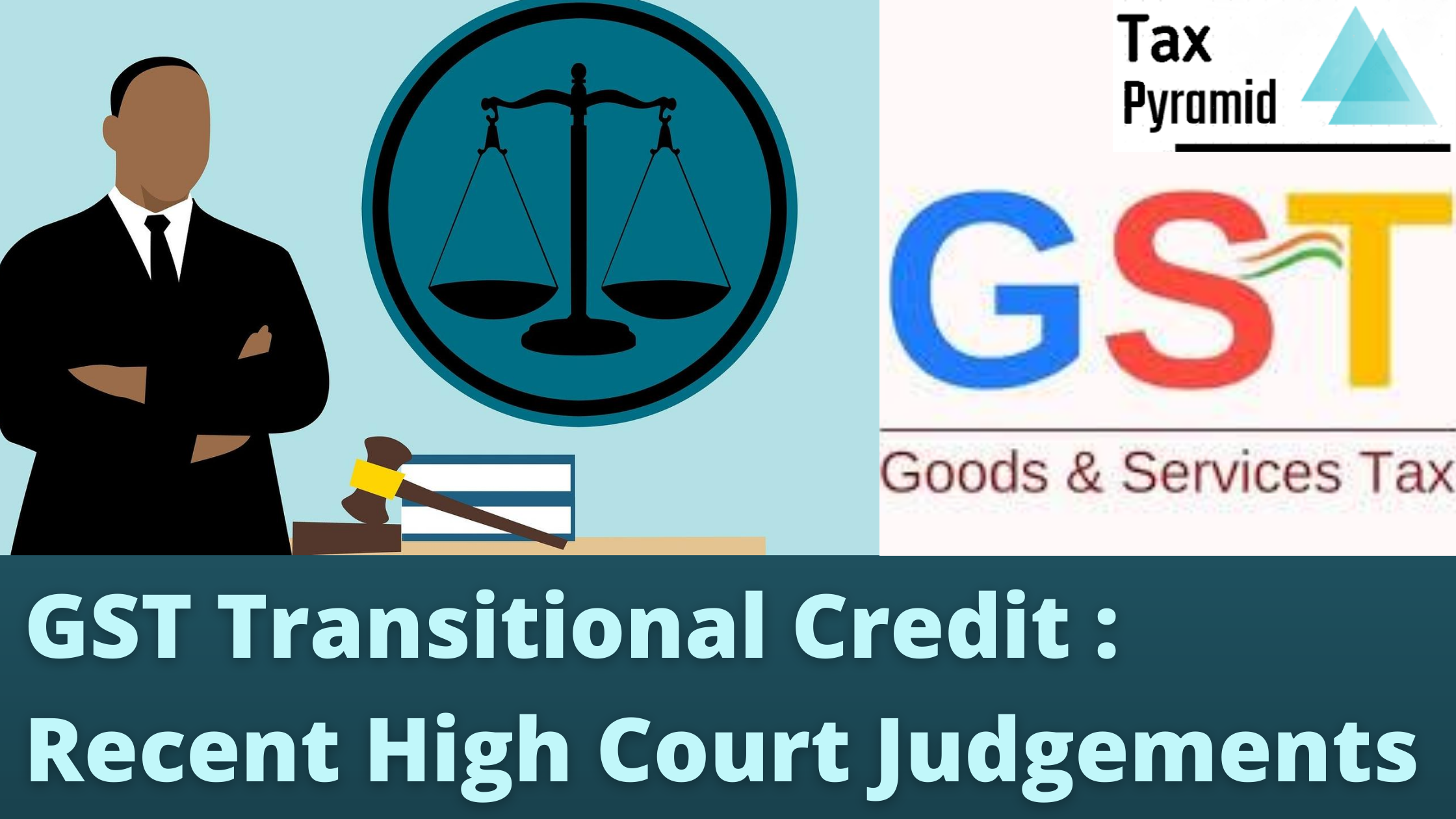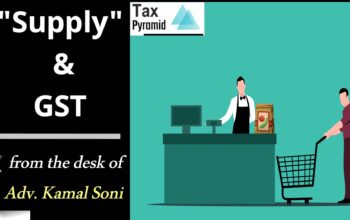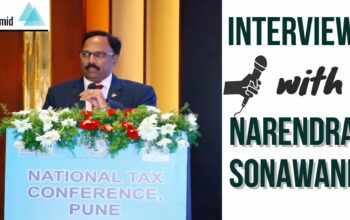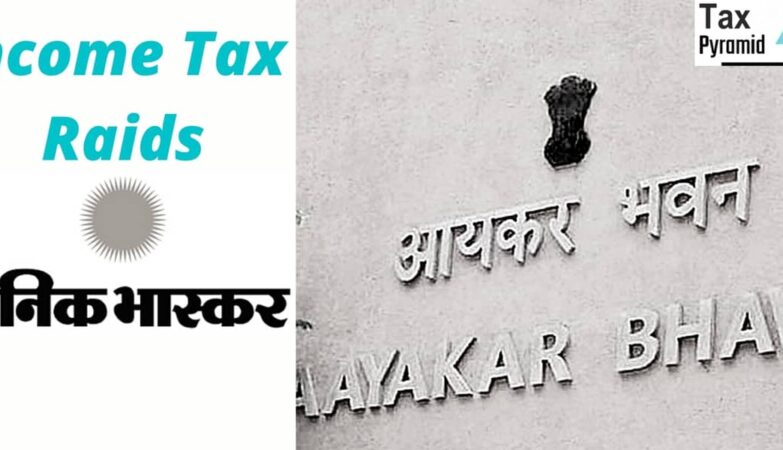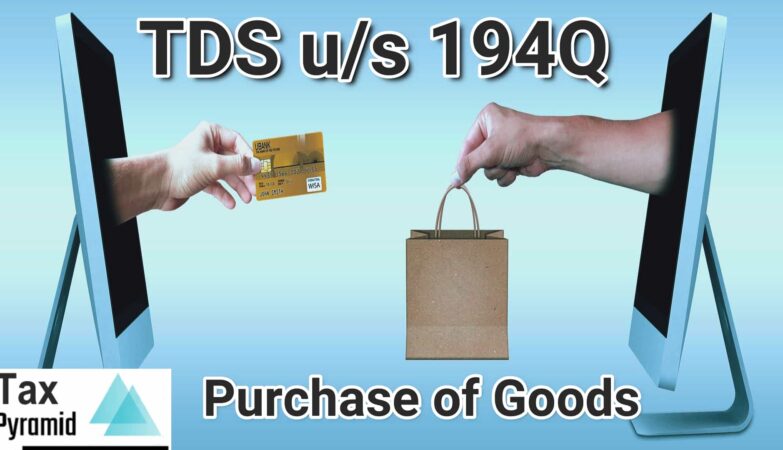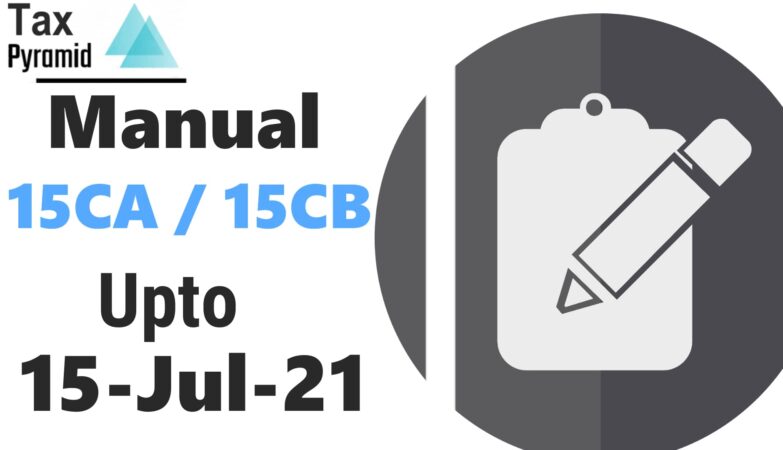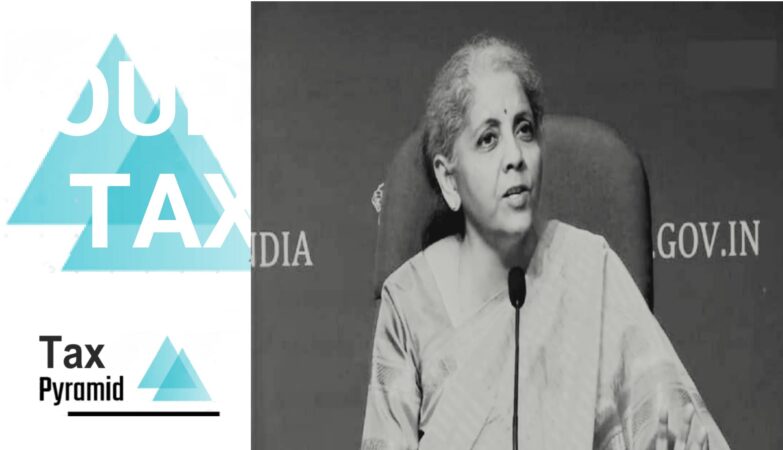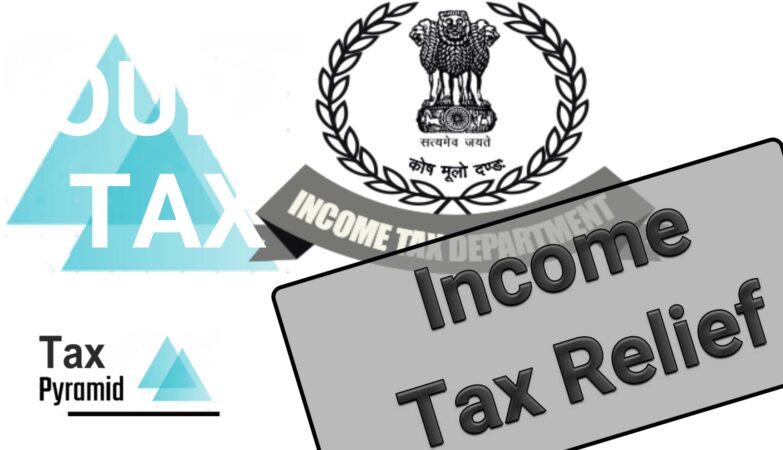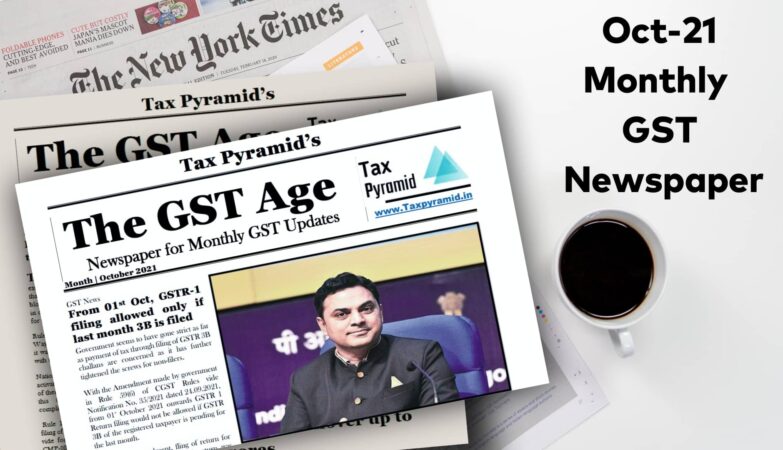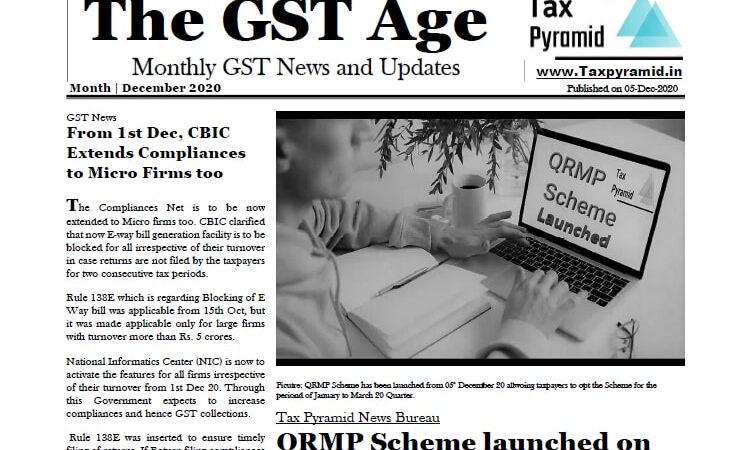A taxpayer who has missed the time line prescribed in the GST provisions for transferring of the transitional input credit from erstwhile laws to present GST regime, can he still claim that input tax credit in GST?
This question has been the soul of many disputes that knocked the judiciary doors in recent times. Recently High courts have analysed this question in various cases and came out with different opinions and opposite judgements. This speaks of the involved complexity which has yielded further confusions.
Through this article we would try to understand the intricacies involved through the most recent judgement regarding transitional credit by Madras High Court in the case of M/s P. R. Mani Electronics vs Union of India pronounced on 13.07.2020. We shall also discuss the other important recent decisions of high court in similar kind of cases such as Brand Equity Treaties Ltd (Del), SKH Sheet Metals Components (Del), Nelco Limited (Bom) etc which have given similar or altogether different opinions.
Transitional Credit
The input credit earned and accumulated by the taxpayers in previous regime (Service tax , VAT etc) is required to be transitioned into the new GST regime. The input credit which stood under the previous laws is transitional credit and it is allowed to be carried forward to GST through Section 140 of CGST Act.
Relevant Statutory Provisions
Sec 140(1) deals with transitionary provision and states that a registered person shall be entitled to carry forward the amount of CENVAT Credit appearing in his respective return relating to period before appointed date (i.e. up to 30.06.2017) to the GST electronic credit ledger within such time period and in such manner.
Note: The words “within such time period” added later vide N No. 43/2020 dated 16.05.20 and explained later in the article.
Rule 117 of CGST Rules 2017 states that for availing the input credit u/s Sec 140, registered taxpayer shall file form GST TRAN-1 within 90 days from the appointed date. Commissioner on recommendation of council may extend by further period but maximum up to 90 days. Date of filing GST TRAN-1 was extended several times and the last extension was up to 27.12.2017.
Further sub rule 1A of rule 117 states that on recommendation of council, commissioner may extend the date for furnishing GST TRAN-1 in respect of registered person who could not furnish the form due to technical difficulties on GST portal. Time limit for those taxpayers who faced technical difficulties in filing the form was extended under this Rule 1A up to 31.03.2020 vide Order No. 01/2020- GST dated 07.02.2020.
Brand Equity Treaties Ltd (Del) 2020
The joint judgement pronounced by Delhi High Court on 5th May 2020 in case of writ petitions filed by Brand Equity Treaties Ltd, Micromax Informatics Ltd, Developer Group India Pvt Ltd and Reliance Elektric Works was quite a landmark and important decision regarding the allowance of Transitional Credit after the expiry of prescribed time limits. The allowance of Transitional credit was provided even in case of non-existence of proof of technical issues on GST portal. Let’s run through the salient features of the judgement.
- It was held that provisions in Rule 117 specifying time limit for availing transitional credit are not mandatory in nature and are only directory.
- Period of 90 days mentioned in Rule 117 has no rationale since various extensions were provided from time to time by the Government mainly owing to inefficiencies on part of GST network.
- Since the provisions of Rule 117 are directory in nature, therefore the missing of the time limit prescribed therein would not result in the forfeiture of ITC which are vested rights of the taxpayers. The High court further acknowledged that the availing of transitional credit cannot go on perpetually without any time limits, therefore time limits as per Limitation Act shall be applicable. As per the limitation Act, a period of three years shall be applicable from the appointed date i.e. a taxpayer can claim the Transitional ITC up to 30.06.2020 (three years from 01.07.2017).
- Delhi High Court directed the Respondents (GST Department) to open the online portal to enable filing of TRAN-1 for availing transitional credit or otherwise accept the same manually.
- It is a landmark judgement as it directed the department to publicise this judgement on its portal so that other taxpayers who have not been able to file TRAN-1 can also benefit from the judgement and are able to file TRAN-1 on or before 30.06.2020. Therefore, this judgement was made applicable to all the taxpayers even to those who didn’t approach the court.
Questions for deciding allowance of Transitional Credit
Main questions that arose out of deliberation while resolving the transitional credit disputes or we may say as major arguments in all these cases are analysed one by one as follows
Whether Rule 117 of CGST Rules 117 is ultra vires Section 140 of the CGST Act?
The main argument by the petitioner in cases related to transitional credit has been that the Rule 117 of the CGST Rules 2017 is ultra vires Section 140 of the CGST Act, Article 14 and 300-A of the constitution. Rule 117 being ultra vires Section 140 means that Rule 117 does not derive its power from Sec 140 or we may say that Section 140 confers no power to Rule 117 rendering it ineffective. Since Sec 140 gives no power to frame any rules to prescribe time limit therefore Rule 117 is not legally valid. This argument has been the basis of almost all the pleas submitted in High Court.
Many judgements as Brand Equity Treaties Ltd and SKH Sheet Metal Components Vs Union of India (Delhi High court) have concluded that provisions of Rule 117 are ultra vires Sec 140.
Section 140 states that the registered person shall be entitled to claim Transitional credit within such time and in such manner as may be prescribed.
The words “within such time” was added vide Notification No. 43/2020 CT dated 16.05.2020. Before this notification Section 140 only stated that registered person shall claim for transitional ITC in such manner as may be prescribed.
This was the reason of various disputes. Though in judgement of Bombay High Court in Nelco Limited vs Union of India (2020) it was held that Section 164 of CGST Act which empowers the Government to make rules for implementing the provisions of the Act is sufficient in itself to grant power to frame time limits for Sec 140. High Court in Nelco Ltd held that Rule is intra vires GST Act and the time limits specified therein are legally valid.
But later government to put all doubts to rest, vide Notification No. 43/2020 dated 16.05.2020 made the retrospective amendment applicable from 01.07.2017 bringing in the words “within such time”.
Madras High Court in its important judgement of P.R. Mani Electronics stated that the addition of words “within such time” retrospectively from 01.07.2017 has categorically conferred the powers to prescribe time limits for Section 140 even without having to rely on the Section 164 of CGST Act. It held that Rule 117 of the CGST Rules is intra vires Sec 140 of CGST Act.
Is Input Tax credit a vested property or a concession allowed to registered person?
The other strong argument in these cases from taxpayers seeking relief from courts has been that ITC is a vested property of the registered person. And therefore, a mere non-compliance of Rule 117 cannot deprive him of his vested property.
Though as discussed in the earlier part, in cases such as Brand Equity Treaties Pvt Ltd (Delhi HC) it was held that ITC is a vested right of the taxpayer, but in the recent case of P.R. Mani Electronics, Madras High Court held that it is not a vested right but is a concession.
High court agreed to the submission made in this case by GST Department that ITC is a concession which would be granted to registered person on satisfaction of conditions specified regarding it. In case the conditions relating it to it are not satisfied, the concession shall also not be available.
In Jayam and company vs Assistant Commissioner (2016), Supreme Court held that in context to TNVAT Act that ITC is a concession and the conditions prescribed in the statute for availing such concessions shall be strictly complied.
Counsel of GST department also quoted yet another judgement of ALD Automotive Private Limited (2019) wherein Supreme Court confirmed that ITC is a concession which can only be availed on compliance of the specified terms and conditions regarding it.
Madras High Court after discussing these judgements, concluded that ITC is a concession which is required to be availed within time limits specified in Rule 117.
Whether the use of word “shall” would determine the nature of the provisions?
Madras high court in its judgement order mentioned the Supreme court judgement in A.K. Pandey vs Union of India (2009) and Bachhan Devi vs Nagar Nigam (2008) wherein the apex court held that the use of word “shall” or “may” are not conclusive determination of the mandatory nature of the provision or it being of permissive nature. Whether a provision is mandatory or directory, it is determined on the basis of other relevant factors.
Here the relevant rule in question is about the time limit for availing the Transitional ITC by carrying it forward from the earlier laws to GST regime. The very purpose of Section 140 of CGST Act itself requires the transition process to be finite. ITC already decided as concession and not vested rights, hence the provisions of Rule 117 shall be construed mandatory even ignoring the use of “shall” word.
Are provisions of Rule 117 mandatory or directory?
Various high court judgements have deliberated in their judgements regarding the validity and the mandatory or directory nature of Rule 117 of CGST Rules and Sec 140 of CGST Act.
We have already discussed Brand Equity Treaties Ltd (Del) wherein it was held that provisions of Rule 117 are directory in nature and not mandatory.
On similar lines another High Court judgement by Delhi HC in Blue Bird Pune Pvt Ltd. Vs Union of India (2019), tax authorities were directed to open the online portal to enable filing of Form GST TRAN-1 or accept the same manually.
In SKH Sheets Metal components Vs Union of India (2020) Delhi high court evaluated the directory or mandatory nature of the provisions and concluded that Rule 117 is directory in nature. The reasons it cited was that the GST Act don’t specify the consequence for non-compliance of the time limits specified therein.
Madras High court also considered these judgements while pronouncing the judgement in case of P.R. Mani Electronics. Supreme court has granted a stay on the operations of judgement in Brand Equity Treaties as the matter is now pending at Supreme Court. Madras High court stated that time limit for transitional provisions are necessary as the registered person cannot be allowed to avail the Transitional ITC in perpetuity as it would render the provisions unworkable. It held that the provisions are mandatory in nature. It agreed with the Bombay High Court decision in Nelco Limited Vs Union of India (2020) that time limit is mandatory and Transitional credit can be availed in the stipulated time limit. Thereby Madras High Court dismissed the writ petition in case of P.R. Mani Electronics.
Conclusion
Though the judgement is an important pronouncement and throws light on each debatable aspect of the issue in detail but still the matter is yet not closed due to pending Brand Equity Treaties Ltd case at Supreme Court. The confusions led by different judgement on the same issues by High Courts has further necessitated the Supreme Court judgement on the issue. It would be interesting to see what judgement Supreme court is going to announce.
Time limit has to be there for Section 140 as Transitional provisions or availing of ITC cannot be allowed till forever without any time limit. And the retrospective amendment to Section 140 vide Notification 43/2020 has also cleared the doubts regarding Rule 117 being ultra vires. So the above judgement in P. R. Mani Electronics seems agreeable. But the argument that GST system has itself not been smooth and had been plagued with technical difficulties or glitches is also right to great extent. Rule 117(1A) which was introduced subsequently has categorically put forth the technical issues in GST portal. It is to be noted that filing of form TRAN -1 has not been allowed to those taxpayers under sub rule 1A where they were not able to provide the proof of technical problems on GST portal. GST department was itself struggling to strict to its own time limits and the time extensions have been granted mainly because of GST portal technical issues and problems. The Transitional ITC was actually earned in earlier laws by proper filing of returns in those respective laws. If it’s a concession then the conditions of filing of return in erstwhile laws was fulfilled by the tax payers. In spite of that can this earned ITC be simply denied on the basis of time limits to which GST portal was non-committal? These points still hold lot of ground which would make a good case in Supreme court.
CA Kalpak Kaplash

